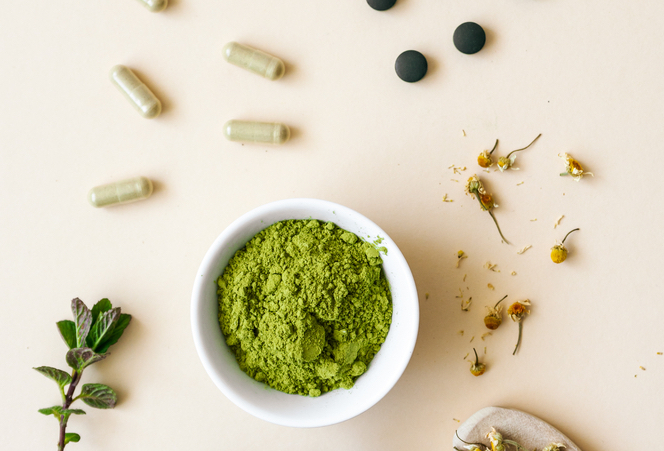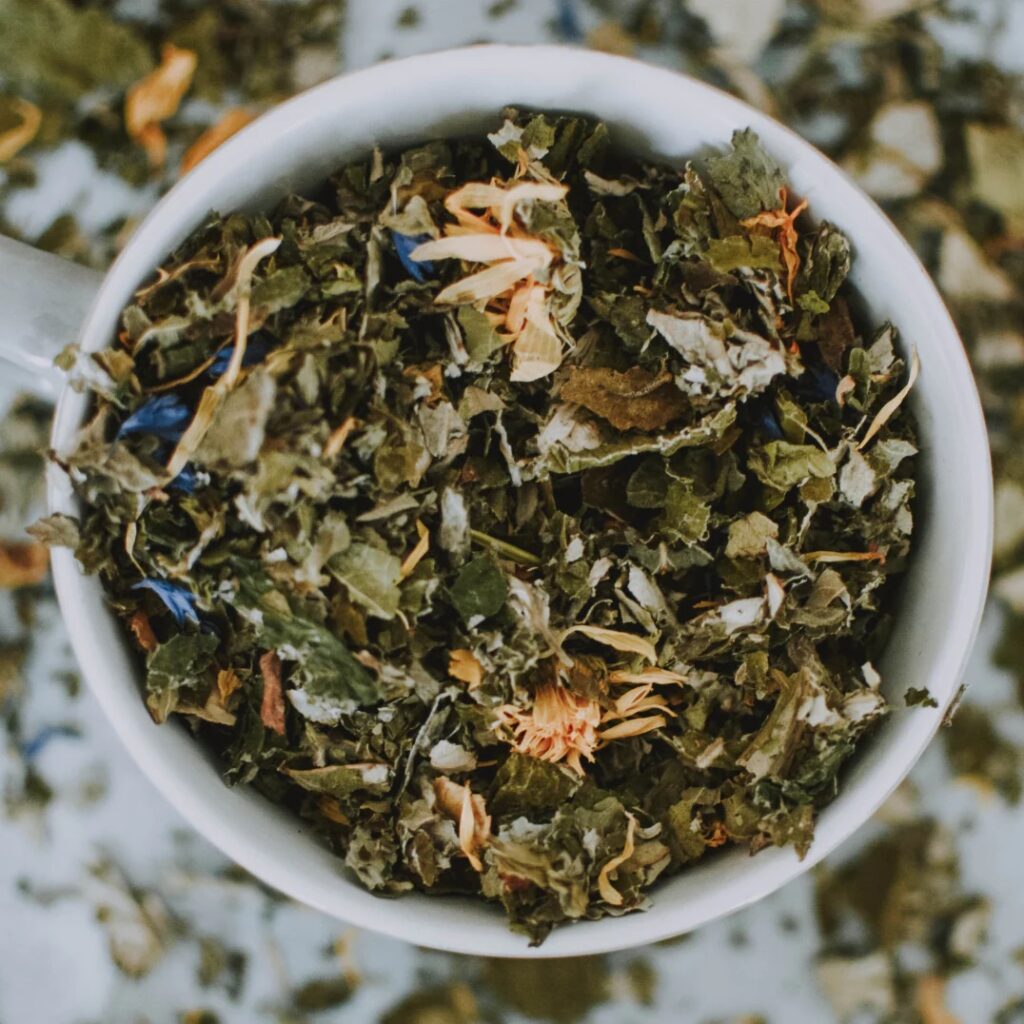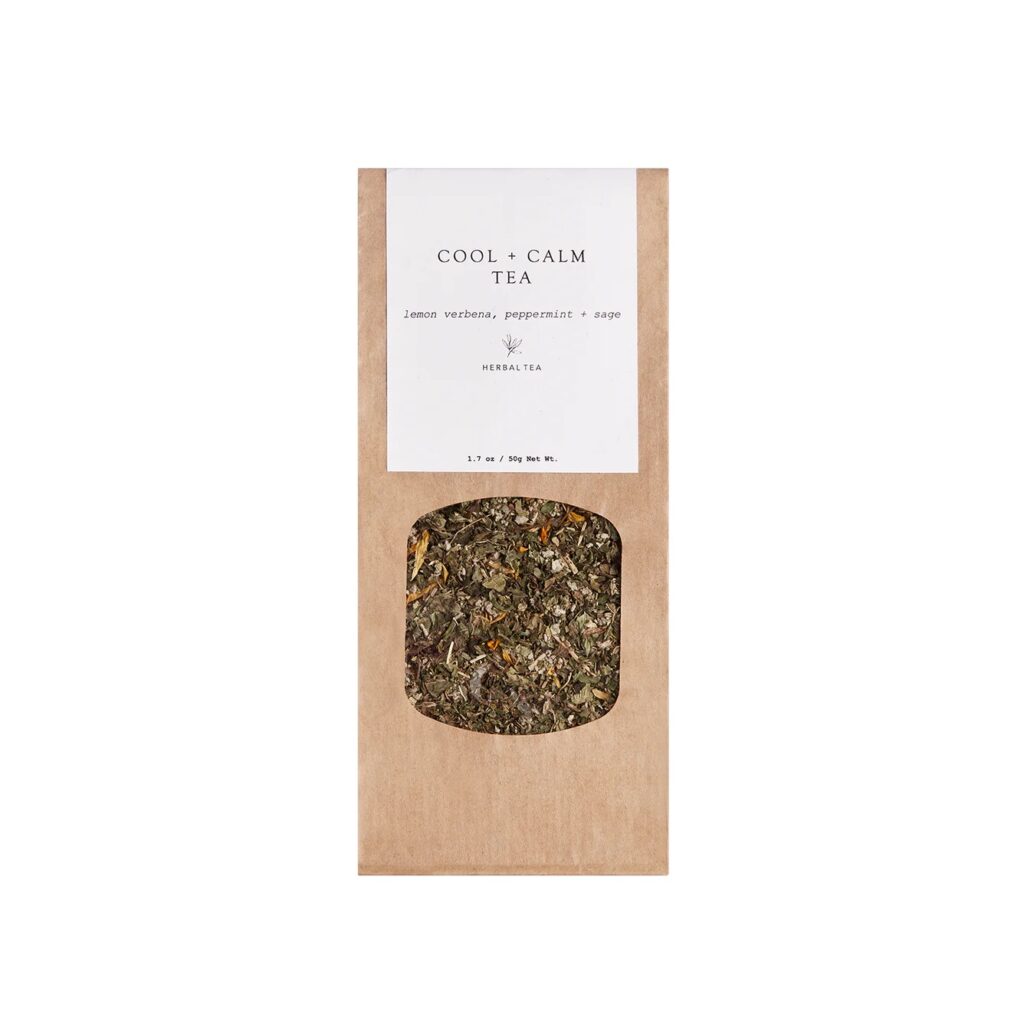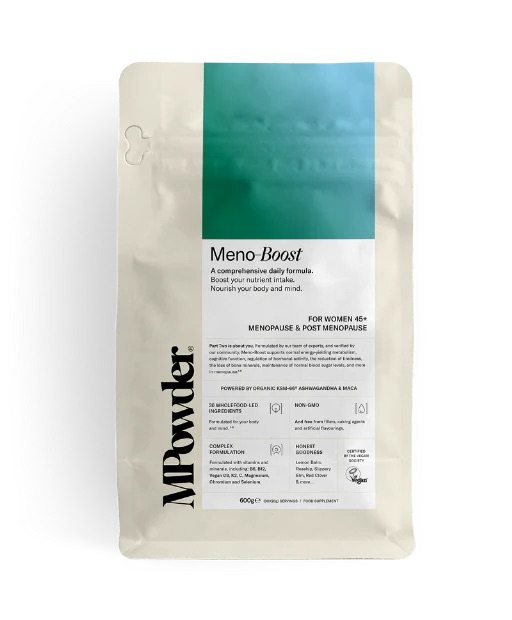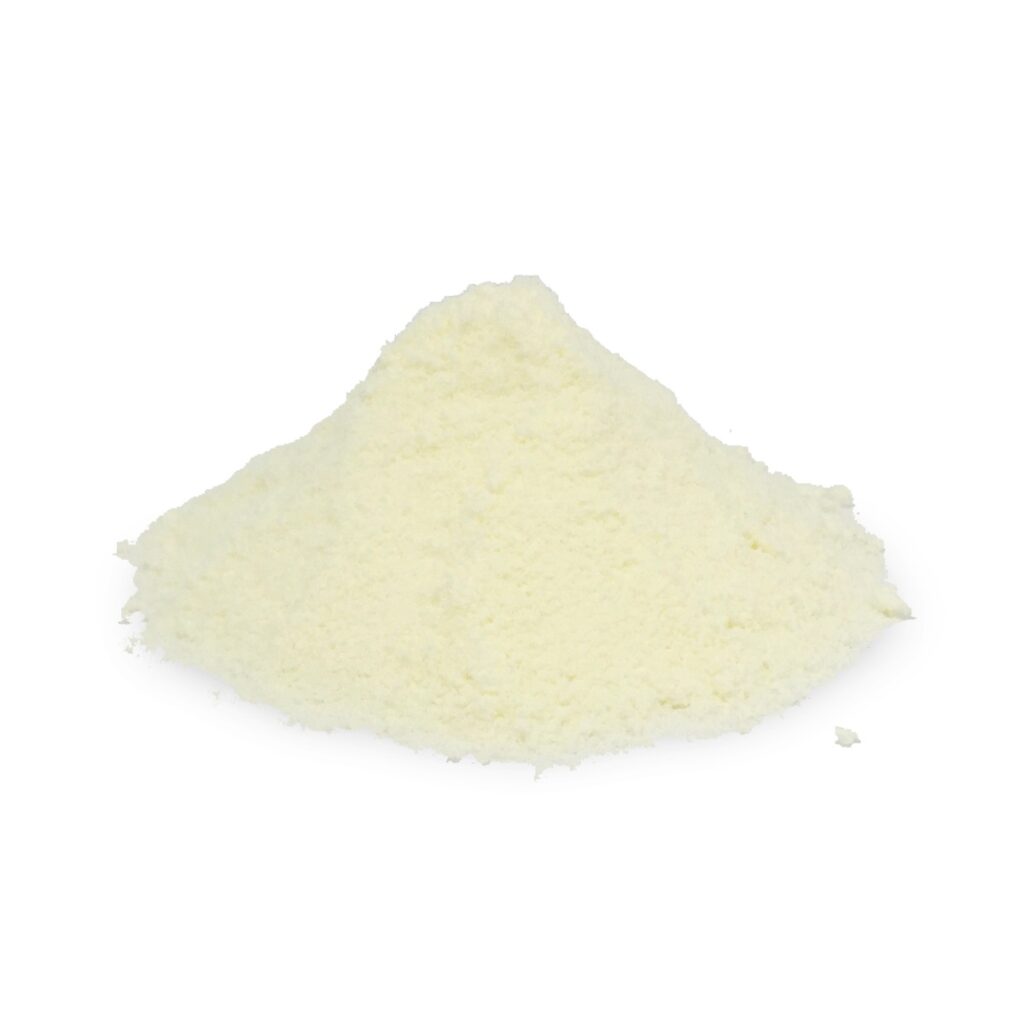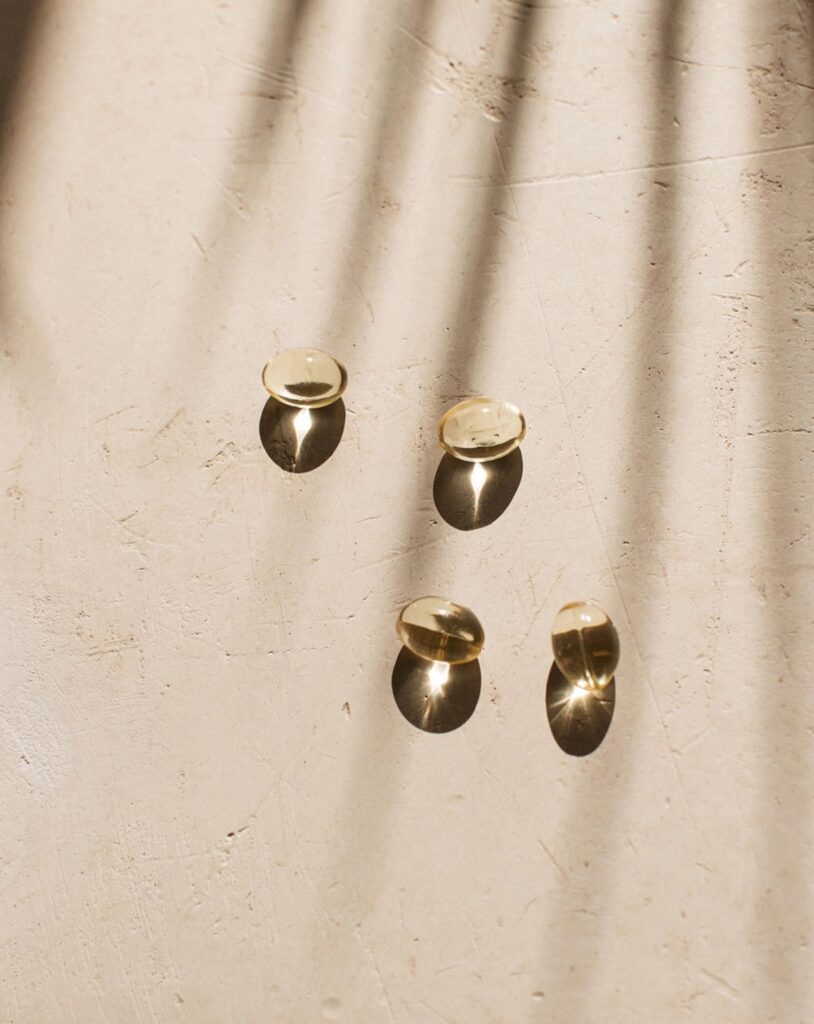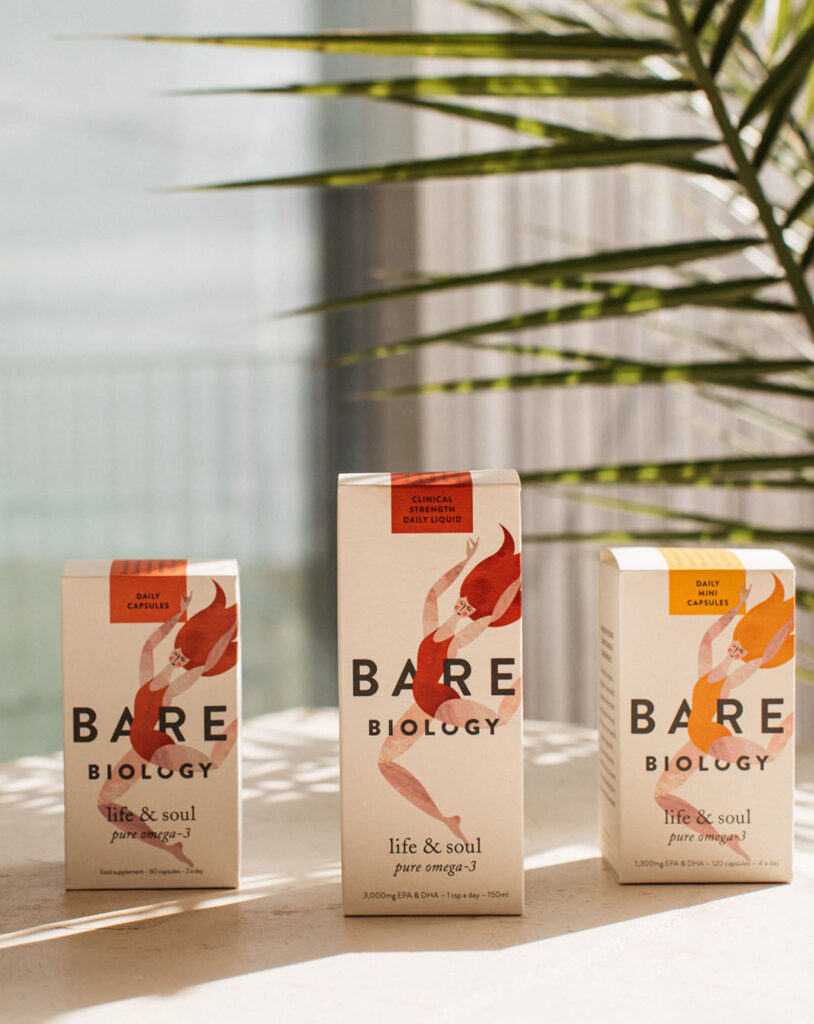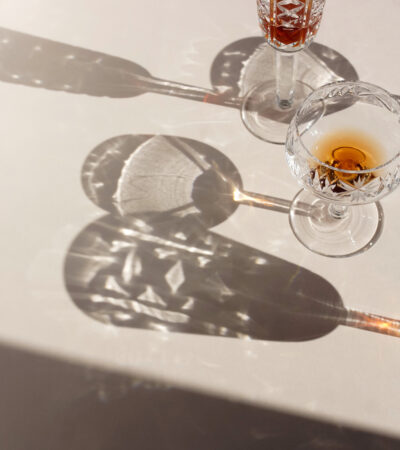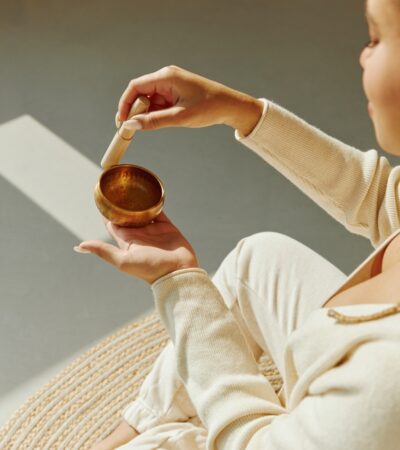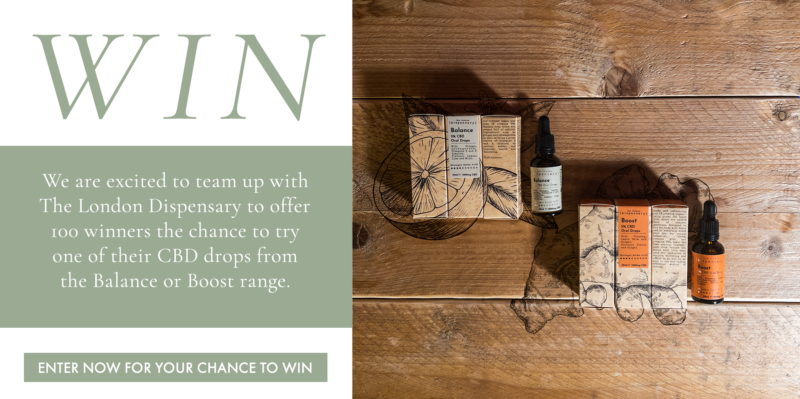As a generation, we are the first to openly talk about menopause, and as such we are trailblazers for the generations that follow – no more conversations in hushed tones about “the change” with knowing looks over the tea tray. Now, the information available to women is boundless and it seems everyone is talking about peri menopause and menopause. However, I challenge anyone to deny they are maybe just a little bit bamboozled by it all, I know I am!
HRT is in increasing demand as a result of the raised awareness and education among midlife women around menopause and perimenopause and whilst supplies are struggling to keep up with demand in many parts of the country, let’s not forget that not everyone wants to or is able to take HRT. Some women have a medical reason that they cannot take conventional HRT or are fearful of trying it or they want a solution with minimal side effects. A government report from February this year stated that around only 15% of women aged 45 to 64 in England are currently prescribed HRT, which has increased in the last 2 years from around only 11%, a number that I found staggering considering how much talk there is around the topic, but also worrying when I remember how difficult I found it to get access to HRT when I needed it.
So what other, perhaps more natural alternatives to HRT are there out there, considering many women have to go private to get the menopause support they need which can make it prohibitive for many and what is there out there if you decide HRT isn’t for you?
It’s never too early to be informed about Menopause
I spoke to lots of different experts for this piece and one thing is clear – it’s never too early to start researching menopause and what it could mean for you. The fact that the conversation is wide open now means that women are much better informed than our mothers or their mothers ever were and with that comes the choice to do menopause your way.
Many considerations outside of the “HRT or no HRT” debate are practical ones based on cost, location and method and if it is going to be sustainable for you. But before you rush to your nearest practitioner or health food store to fill your basket, also consider the research around that method – are there any scientific evidence-based results? What trials have been undertaken if any? What sort of regulation has this been subject to etc. as with anything, research is key.
What are the natural alternatives to HRT?
There is a wealth of different options available that can be used either alone, or combined to treat specific symptoms of menopause, and many can be used in conjunction with HRT as a holistic approach.
I spoke to GP, Women’s Health Doctor and registered member of the British Menopause Society Dr Fionnuala Barton, AKA The Menopause Medic. Dr Barton is passionate about optimising the physical and emotional wellness for women at all stages of life, with a particular emphasis on recognition and management of perimenopausal and menopausal symptoms, and she prides herself on providing a holistic and personalised approach for her patients. She was keen to stress that when we look at natural alternatives to HRT, to be guided by a qualified professional, and to look at the evidence-based results of each treatment or supplement. If you do decide to go down the supplement route, be cautious with what you take as these aren’t regulated or tested in the same way as prescription medication and it is always recommended to see a qualified specialist to get what you need in the right dosage. Any herbal remedies making medicinal claims should carry a Traditional Herbal Registration or “THR” symbol so make sure to check for that which means the product will have proper instructions on dose and how to take it.
Complementary therapies for menopause
Andrea Dewhurst is the Travelling Acupuncturist “many of the people I treat for menopausal symptoms arrive because Western medicine has nothing more for them (other than HRT) or they have had recommendations for its efficacy.” One recent client was delighted with the results of treatment in reducing their hot flushes from one every 20 minutes all day every day, to only 4-6 flushes a day after 4 treatments!
Acupuncture on its own has evidence to show that it is beneficial for hot flushes, osteoporosis, depression, anxiety, sleep, and cognitive decline but also works well in tandem with HRT. However, like many complementary therapies, the effectiveness and long-term solution also rely on how much you can manage your lifestyle in tandem e.g. diet, alcohol, stress, and overwork.
Cognitive Behavioural Therapy in Menopause
There has been much talk recently of the benefits of CBT in Menopause. Dr Barton was very positive about the results of this form of talking therapy, which can help the individual manage their problems by reframing the way they think and behave. Most used to treat anxiety and depression, there has been strong evidence to show that it has beneficial results on some additional menopausal symptoms such as insomnia and hot flashes.
CBT is based on the concept that our thoughts, feelings, physical sensations, and actions are interconnected, and that negative thoughts and feelings can create a negative cycle. CBT aims to help manage this in a more positive way by breaking things down into smaller parts to improve the way we feel. CBT is available on the NHS or privately.
Supplements and Herbs
Herbal remedies have been used for centuries to address health concerns, including menopause. Some popular herbs known for their potential effectiveness in managing menopausal symptoms include black cohosh, St John’s Wort, red clover and evening primrose oil. These herbs contain compounds that may help regulate hormonal fluctuations and alleviate symptoms such as hot flashes, insomnia and low mood, however, these can interact with other medications, especially HRT and are not recommended for anyone suffering from hormone-sensitive cancers. The bottom line here is always to consult a qualified naturopath or herbalist and head to the brands that are developed by, and actively work with, experts.
Natasha Richardson is a Medical Herbalist and founder of Forage Botanicals, she says “Perimenopause symptoms aren’t just a result of the hormones changing but because of years of a life lived. I can’t undo what’s been done in the years preceding perimenopause over the counter”. She recommends seeing a qualified herbalist as the supplements or herbs prescribed will be regulated in an entirely different way to if you buy them over the counter in a pharmacy or health food shop.
Certain vitamins and minerals play a crucial role in hormonal balance and overall health. Rebekah Brown founded her brand MPowder, a plant-based supplement powder range crafted to target the three distinct biochemical stages of menopause when, like me, her perimenopause symptoms were misdiagnosed as depression. She maintains that food and smart supplementation was a key part of her journey back to health and as such, her products are guided by the latest research into herbs, botanicals and wholefoods and they boast a lovely community who share intel and experiences.
So, what should we be looking out for supplement-wise? I asked Dr Barton which ones she recommends to her patients:
- Vitamin D is key and D3 in particular as it is the natural form of vitamin D produced by the body from sunlight and can help boost our immune system, mental health and overall wellbeing.
- Vitamin B6 works to regulate hormones and B12 is essential for nerve function and can help with cognitive function.
- Magnesium helps promote sleep and may ease some symptoms of stress and anxiety.
- Calcium and omega 3 fatty acids can be beneficial for bone health during menopause.
However, as with everything, dosage is key and make sure not to take more than the recommended dose.
Diet in Menopause
In addition to any complementary medicine or supplement, what we put on our plates in this stage of life impacts our metabolic rate, gut microbiota and gut permeability – so it is important to have broad and healthy diet rich in fruits, vegetables, whole grains, and lean proteins alongside any other treatments to provide essential nutrients and support overall well-being.
We all know that addressing the amount of UPFs (Ultra Processed Foods) in our diets is key generally for all ages, but it is more important than ever in menopause where our gut and liver is already working overtime, so try and stay away from those ready meals and cook from scratch.
We can also look to include Phytoestrogens into our diets in midlife. These are plant-derived compounds that possess oestrogen-like properties. Found abundantly in foods such as soy, flaxseeds and legumes, and these natural substances can help alleviate menopausal symptoms. Phytoestrogens bind to Oestrogen receptors, reducing the severity of hot flushes, night sweats and mood swings. However, it is important to consult with a healthcare professional before incorporating these into your diet, especially again, if you have a history of hormone-sensitive conditions.
Lifestyle
Simple lifestyle changes can have a profound impact on menopausal symptoms and regular exercise has been a game changer for me personally. Whether you choose swimming, a brisk walk, yoga to sooth the mind or resistance to build bone density and muscle, it can bring a wealth of benefits such as bringing hormonal balance, improving mood, and alleviating wider symptoms and is a great opportunity to forge some new habits during this life stage.
I have seen much chat around light therapy on social media – which involves absorbing the early morning light (as well as avoiding blue light at night!) which can help us reset our circadian rhythms and lower the stress hormone cortisol which all helps us prepare for a good night’s rest at the end of the day – something I am trying out with my morning cuppa when the weather allows!
Burn like a Phoenix, not a Cinder
One of the key things to remember is that in midlife, it all about finding what works for you and your symptoms and think long term. Do your research before diving headlong into any form of new treatment and go slowly, see what works for you and your symptoms and evaluate.
As Rebekah from Mpowder says “The reality is menopause is a whole body and mind experience. There is no single silver bullet, nurture a curious mind when finding the most effective route to navigating menopause for you.”
I will leave the last word to Natasha Richardson however who says “find the things that really light you up and turn those hot flushes into the fire that renews you like a phoenix not one that burns you up to a cinder”.
Some favourites I have been using:
Forage Botanicals Cool + Calm range
A range developed by Herbalist Natasha Richardson, following 10 years of practice with individuals going through menopause symptoms to support nervous system, anxiety or depression and hot flushes with zero side effects – I have been enjoying their cool + calm tea, which is delicious.
M Powder – a wholefood led supplement range
Created by Rebekah Brown and Dr Vera Martins through the lens of naturopathy. The products aim to make midlife a superpower where science and traditional medicine are both respected where each formula is based on harnessing the power of herbal synergy. M boost is my go-to from £43
Bare Biology supplements
Founded by Melanie Lawson and supported by a network of brilliant Nutritional therapists, the supplements are made in the UK from sustainably sourced Norwegian fish oil, certified, fresh and made with transparency – one capsule is equivalent to an entire tin of sardines! I love the Life and Soul Omega 3 capsules
words by Nicola de Burlet

